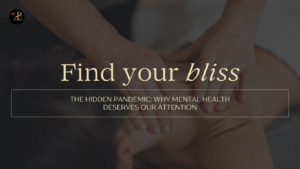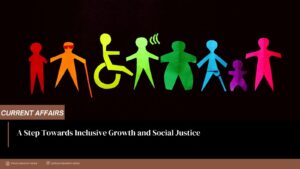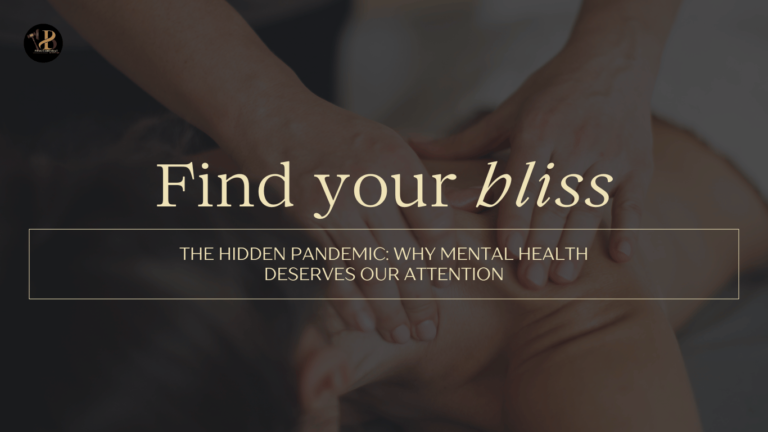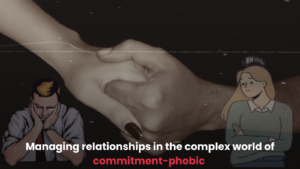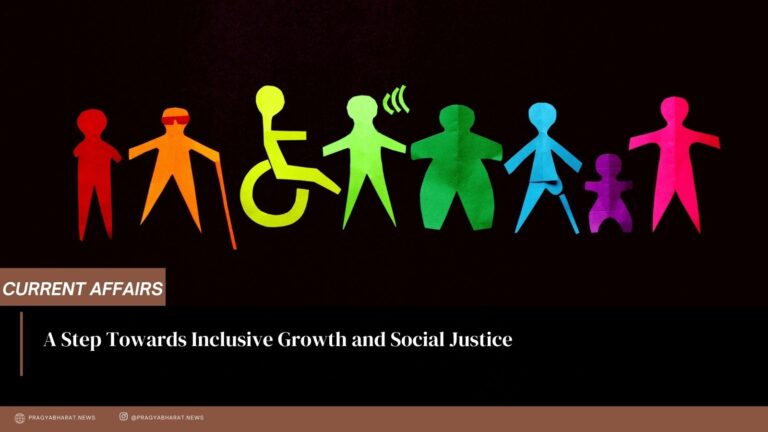Understanding the complex dynamics of commitment phobia and its use as an easy way out in relationships, as well as the emotional toll it takes on partners, emphasizes the importance of honesty, open communication, and empathy.
Sometimes, the most challenging aspect of the complicated world of romantic relationships is not the partner who is afraid of commitment but rather the one who utilizes it as an easy way out. Even though it might offer a quick escape, this behavior frequently causes the partner who is left behind great emotional suffering. We will explore the heartbreaking reality of some people using commitment phobia as a cover to end a relationship and hurt their partner deeply in the process in this article.
As we’ve covered, commitment phobia is a complicated psychological pattern based in fear, whether it be fear of being hurt, fear of being vulnerable, or fear of losing one’s independence. Some people genuinely struggle with committing to a long-term relationship. But occasionally, commitment phobia serves as an easy way to keep the real problems in a relationship hidden. Commitment phobia is a convenient excuse for someone looking for a way out but doesn’t want to be the “villain” in the tale. This may make it difficult to distinguish between a genuine fear of commitment and a convenient way out.
When someone ends a relationship by using commitment phobia, they frequently fail to consider the emotional toll that will be taken on their partner. The individual left behind must deal with heartache, self-doubt, and feelings of rejection. The partners might blame themselves, questioning why they weren’t “enough” to motivate commitment or what went wrong. This kind of mental anguish can cause severe damage and have a long-term effect on their capacity for trust and participation in relationships in the future.
Honesty and open communication are fundamental in any relationship. It’s essential to communicate your worries and fears to your partner if you genuinely suffer from commitment phobia and believe a relationship is too much for you to handle. Honesting your emotional difficulties can result in a more compassionate and understanding split, saving needless suffering for both sides.
However, you should reconsider your strategy if you’re using commitment phobia as a justification for ending a relationship. Take your partner’s emotions and mental health into consideration. Although having an open and sincere discussion can be challenging, it’s a more responsible and caring decision.
It’s critical to distinguish between actual commitment phobia and the use of it as a justification for breaking up in the world of relationships. The partner who is left behind may experience unforeseen emotional repercussions if commitment phobia is used as a cover. As A.A. Milne once said, “How lucky I am to have something that makes saying goodbye so hard.” A farewell reminds us of the complex and poignant nature of human relationships, regardless of whether it is motivated by a genuine fear of commitment or is used as a defensive mechanism. The insights we gain from these intricate dances shape our understanding of love and resilience.
If you genuinely suffer from commitment phobia, talk to your partner about your concerns and get professional help. The first step to personal development is realizing the source of your fears. However, if you’ve been using your fear of commitment as an excuse, it’s time to reevaluate your strategy and go with an honest, open dialogue. Ultimately, remember that even though relationships eventually end, they should always be built on a solid foundation of respect, trust, and understanding.


